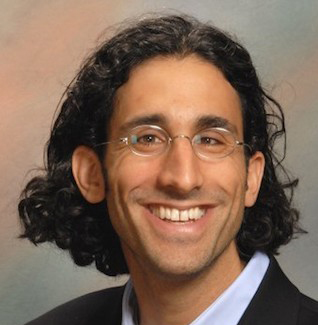
Robert C. Blitt is the Toms Foundation Distinguished Professor of Law, University of Tennessee College of Law.
Russia’s connections in the Balkans run deep, tapping into pan-Slavic and pan-Orthodox currents, including selective efforts to support national independence following the nineteenth-century defeat of the Ottoman empire. More recent history, such as Russia’s still-seething rejection of the NATO bombing of Serbia and its strident opposition to Kosovo’s independence, has built on these previous commonalities. The weaving of this cultural and religious affinity narrative is also laminated onto a hardened substrate of Russian upset at the West. Thus, the 1878 Congress of Berlin marking the end of the Russo-Turkish war functions as an anchor point for Russia’s lingering grievance of claimed Western interference and meddling, which continues to be refreshed and expanded on today.
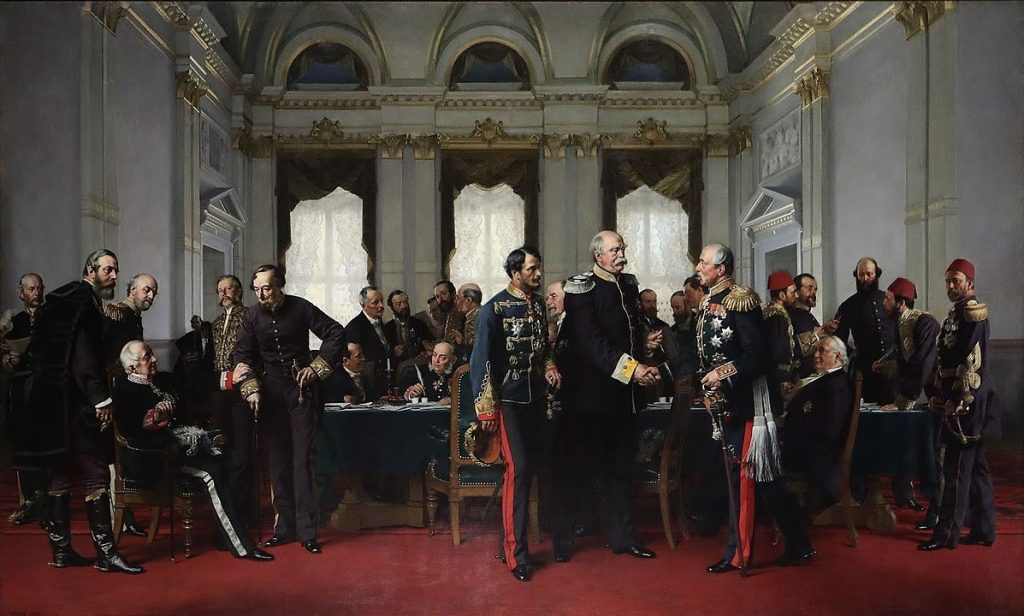
Russia’s contemporary influence campaign in the Balkans functions to engender instability and uncertainty across the region through two primary messages.
The first casts doubt on the viability of regional integration into NATO and the EU, framing these institutions—and the international human rights norms that attach to them—as damaging to shared interests, including state sovereignty and traditional values.
The second “curative” message presents Russia as a natural alternative partner, capable of defending sovereignty—manifested through Orthodoxy, conservative values, and multipolarity—against the existential threat posed by neo-colonial Western “diktats” and cultural norms.
To spread these messages, the Kremlin has enlisted the assistance of a wide range of actors, including local political figures, Russian state media outlets, and other proxies like Rossotrudnichestvo’s Centers for Russian Culture and Science.[1] One actor that plays a notably strategic role in this project is the Russian Orthodox Church (ROC).
The ROC is especially vital to the Kremlin’s Balkan campaign because it represents the embodiment, particularly among Serbs, of the shared identity and history that lies at the root of Russia’s appeal. In securing the ROC’s unwavering fidelity, the Kremlin has landed on a useful ally that is well connected, often deeply embedded in local societies, and—at least at first glance—seemingly autonomous and disassociated from government control.
A closer look at the ROC’s extensive activities in the Balkans betrays a religious partner not only committed to evoking Russia’s kinship with the region but eager to advocate in favor of Russia’s foreign policy agenda, including projecting Russian power beyond the “near abroad” and validating President Vladimir Putin’s ongoing aggression against Ukraine. In embracing this task, the ROC’s rhetoric mirrors and reinforces Kremlin talking points, including emphasizing ties forged in blood, “brotherly love,” and a “common Slavic and Orthodox heritage”; sacralizing Slavic expressions of nationalism; depicting NATO as the destroyer of “Orthodox shrines”; playing up regional animosities by allusion to historical wrongs; decrying “falsification” of Russia’s history; and opposing rapprochement with the EU as an anti-religious and Russophobic threat.
The ROC delivers its support to the Kremlin by building “parallel relations with other media and institutions of civil societies of different countries in such a way that [its] point of view is conveyed to the world community, including parliaments, independent human rights movements, [and] confessions.” The ROC undertakes these efforts directly, as well as through a secondary tier of Church-controlled and Church-supported “arm’s-length” bodies. This latter cadre of agents double down on actions by ROC clergy and Church institutions like the Department of External Church Relations. Examples of this direct and indirect Church action abound in the Balkans.
To reinforce the Kremlin’s message that the EU and Council of Europe (CoE) are bankrupt institutions harmful to Balkan interests, ROC-controlled NGOs like the Centre for Monitoring the Rights and Freedom of Orthodox Christians in Europe advance a steady narrative that decries Western “political games” in the region and regurgitates Russian assertions regarding the absence of protections for Orthodoxy and Russian language rights. Because the Centre’s connection to the ROC is not immediately apparent, it is able to undertake lobbying actions as a seemingly independent third-party actor while echoing Kremlin policy, including opposing Kosovo’s 2015 bid for UNESCO membership.
The World Russian People’s Council, a ROC NGO that maintains UN ECOSOC Special Consultative Status, uses its arm’s-length status to bolster Kremlin positions within UN and OSCE forums, often with greater vociferousness than the ROC. For example, at the Council’s forum addressing Russia’s foreign policy in the Balkans, participants described the region as “watered with the blood of Russian soldiers and sailors” and asserted the necessity of preventing NATO control and Russophobia in the “traditionally pro-Russian territory” by supporting local pro-Russian parties and interactions between the ROC and Serbian Orthodox Church (SOC).
The ROC’s bilateral relations with other Orthodox churches function as another vital tool for disseminating Kremlin views. Although the SOC may be closest to the ROC in its steadfast support for Russia’s political machinations in the Balkans, the ROC’s religious networks and connections do not end there. Countless visits from various ROC officials across the Balkans emphasize the same shared themes: the obligation to preserve unsullied the USSR’s “Great Patriotic Victory,” the historical debt supposedly owed to Russia, and the importance of traditional Orthodox values as a shield against anti-Christian, anti-Russian (i.e., Western) forces.
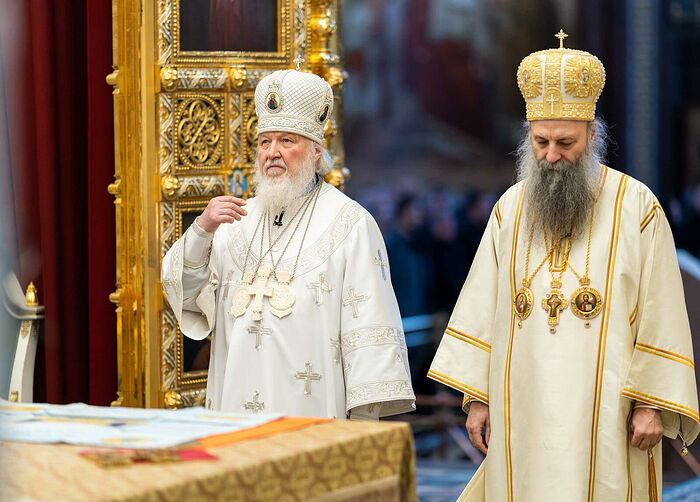
This messaging is reinforced by regular ROC events staged at various monuments and historical sites linked to Russia’s or the USSR’s role in the Balkans. Coupled with this, academic meetings organized by the ROC highlight Orthodoxy’s role in building bridges between Russia and the Balkans, for example, stressing the contribution of the ROC and Bulgarian Orthodox Church to Bulgaria’s liberation by motivating “the fighters for liberation of Bulgarian people from foreign yokes.”
Nor are the ROC’s Balkan activities limited to the clerical realm. Many of the Church’s events typically reach the general public, as well as secular civic and political leaders at the highest levels. For example, ROC officials recently visited Croatia for meetings attended by the Serbian and Russian ambassadors to Croatia, the former president of Croatia, the Apostolic Nuncio to Croatia, the President of the Croatian Conference of Bishops, the Serbian Minister of Justice, and other state officials, diplomats, and representatives of religious communities.[2]
In addition, the ROC promotes Kremlin interests by partnering directly with Russian government actors, including Rossotrudnichestvo and its agents. While Rossotrudnichestvo’s “storefronts” are ostensibly intended to disseminate Russian culture, others recognize their function as “a tool for propaganda, disinformation and justifying the Russian Federation’s war crimes in Ukraine.” Despite this stigma, the ROC has replicated this partnership across the Balkans, boasting close collaboration with Rossotrudnichestvo, together with other allied Orthodox churches.
Similarly, the ROC remains central to the Kremlin’s “Russian World” project, for example, supporting the “Night Wolves” motorcycle club during trips across the “Russian Balkans” route, purportedly to study and restore the memory of Russia’s historical heritage. After leaders from the Night Wolves delivered an icon from Serbia to Patriarch Kirill in Moscow, the Patriarch joyfully declared that Slavic co-religionists were paying back a historical debt by now supporting Russia and that, unlike their governments who acquiesced to EU and NATO demands, the people of the Balkans understood “the historical importance of Russia in the struggle for true freedom of peoples.”
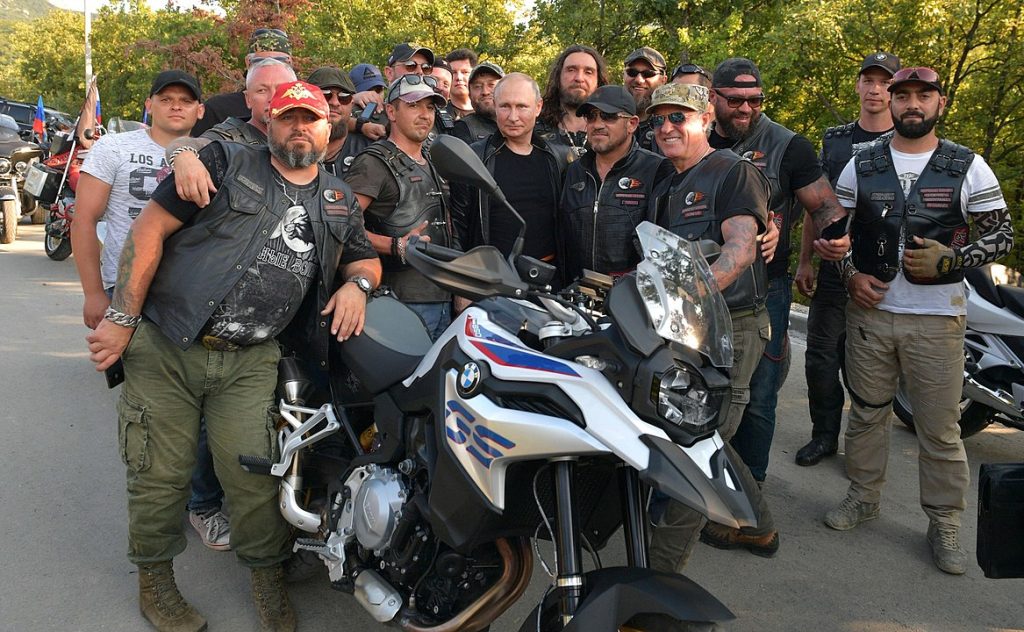
Another recent episode from Bulgaria drives home how the ROC parrots Kremlin narratives. Following Bulgaria’s expulsion of ROC clergy and staff from a Russian metochion in Sofia on charges of espionage, the ROC blasted the move as
an outrageous act dictated by Russophobic motives and the desire to erase the glorious pages of the common history of Bulgaria and Russia. . . . The crude measures of police arbitrariness . . . aim to set fraternal nations against each other, nations who are tied together by a common history and a single faith.
Echoing this assessment, the ROC-controlled World Russia People’s Council decried the “brutal measure of police arbitrariness” used to “incite fraternal peoples connected by a common history and a common faith against each other. . . . [The ROC and the Bulgarian Church] will not give up the historical memory of our peoples.” Setting out the Kremlin’s mirror view, Russia’s foreign ministry painted the Bulgarian government as
embark[ing] on a path of destroying not only political contacts between our states, but also cultural and humanitarian ties between our peoples. Their current goal appears to be severing relations between the sisterly . . . Churches and the fraternal ties between the Russian and Bulgarian peoples.
The multiplying and reinforcing effect of the ROC is equally discernable regarding Serbia. Here, the Kremlin’s endorsement of territorial claims relating to Bosnia Herzegovina and Kosovo is used as a lever for fueling interethnic strife and opposition to the West, among other things, by drawing an analogy between Serbs in those regions and the alleged treatment of Russian compatriots in the Donbass and Crimea.
To bolster this claim, the ROC-allied SOC has characterized Kosovar policies as having the “sole objective” of complete expulsion of the Serbian people and “the establishment of an ethnically homogenous Albanian Kosovo,” while celebrating Russia for its “support in the struggle for justice and peace, for Kosovo and Metohija.” For its part, the ROC has consistently endorsed the Kremlin perspective, supporting the SOC’s (and Serbia’s) “historical canonical territory, which certainly includes Kosovo.”
To effectively confront a political agent cloaked in the veneer of religious autonomy, the West needs to acknowledge the absence of daylight between the Kremlin and the ROC and adjust its modes of engagement accordingly. Specifically, the United States and its partners should develop more muscular tools for exposing the ROC as a mouthpiece for Kremlin interests in the Balkans and challenging its malign role in endorsing Russian aggression, invalidating state sovereignty, and more generally degrading and destabilizing Western interests and allies. Several policy options may be helpful in this regard.
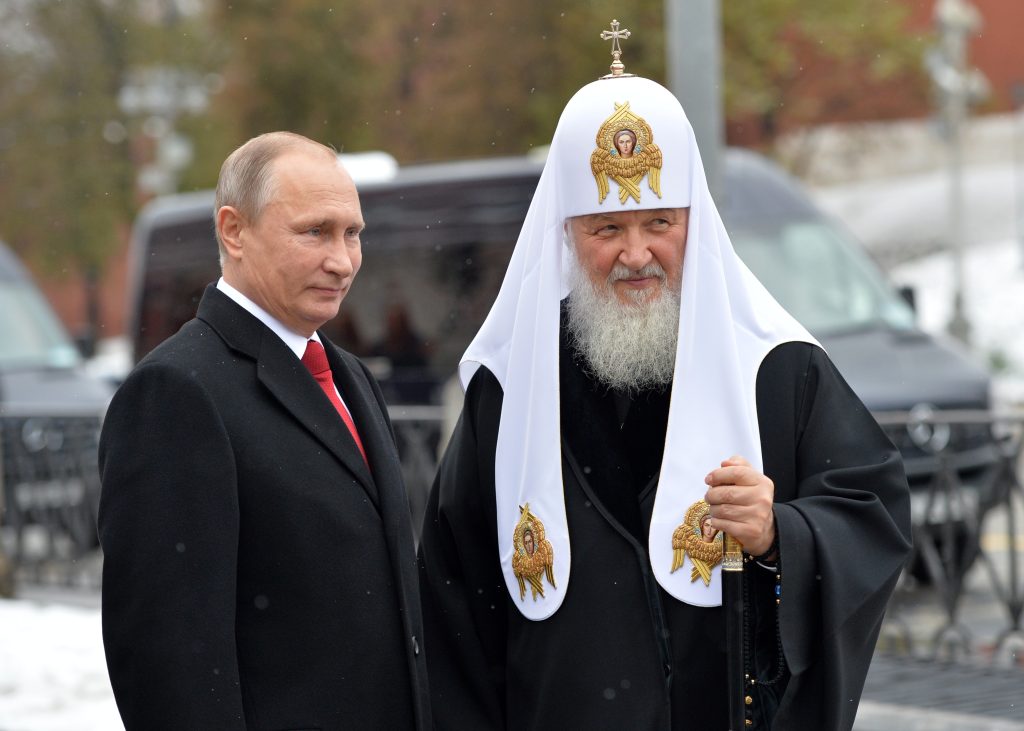
First, ROC narratives must be countered with consistent and credible information. This messaging should reinforce support for democratic institutions and norms and directly highlight benefits flowing from continued local efforts to build on these relationships.
Second, the United States and the EU should urgently introduce and expand on existing piecemeal sanctions on the ROC, including its Department for External Relations operatives.
Third, the ROC’s ability to participate in and use various international forums must be downgraded. These forums facilitate platforms for disseminating Kremlin views, typically without any effective pushback. They further enable the ROC to perpetuate its false claim of being a humanitarian peace-building institution committed to Christian solidarity, even while it openly flaunts international law.
Finally, the West must continue to build bridges with the Orthodox faithful and demonstrate its commitment to human rights, while stressing the reputational harm actors risk by either failing to condemn or continuing to align with the ROC’s unflinching support for Kremlin misadventurism.
Notes:
[1] Rossotrudnichestvo is Russia’s Federal Agency for Compatriots Living Abroad and International Humanitarian Cooperation.
[2] At a separate service commemorating the murder of tens of thousands of Serbs, a ROC official invoked the legacy of Croatian Ustashe fascists to observe that the Orthodox “martyrs of Jasenovac died an awful death, and the Church holds their sufferings as a great deed.” These seemingly innocuous but profoundly symbolic acts on behalf of Serbia likely fuel and encourage ongoing Croatian-Serb tension, which can and does spill over into contemporary relations.
